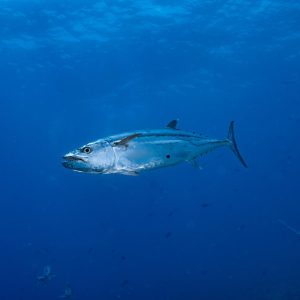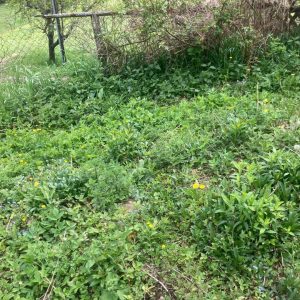The problems of the EU-Mercosur agreement
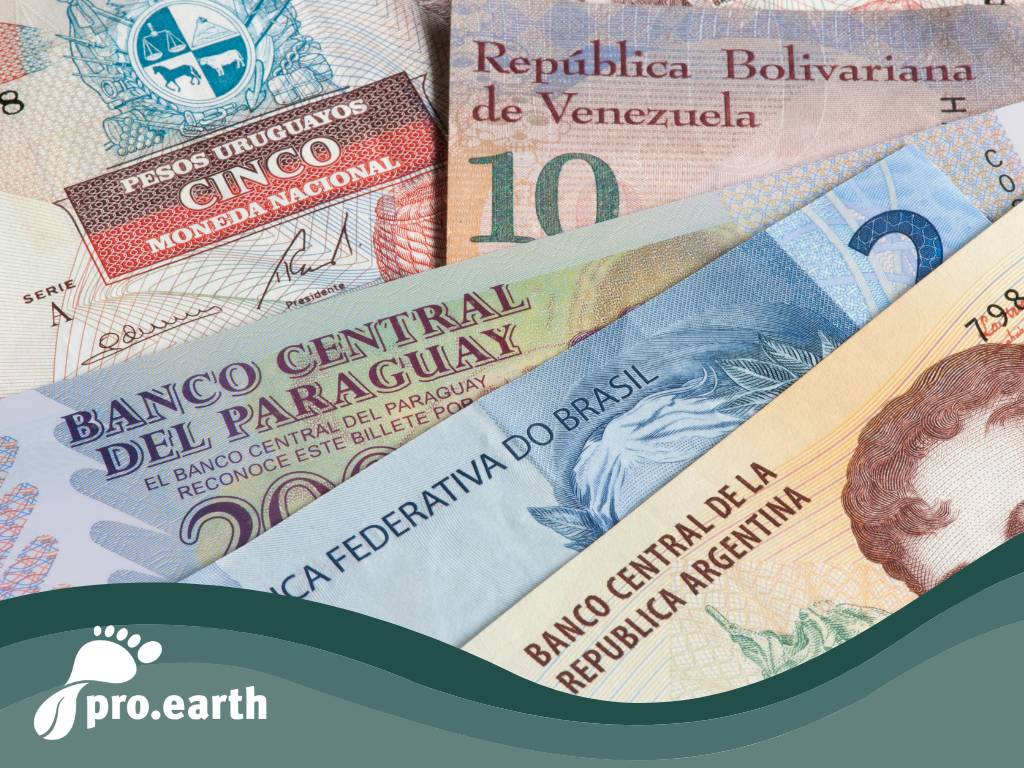
The topic of an EU-Mercosur agreement has been circulating for around 25 years. It was close to being concluded in 2020, but was scrapped due to criticism from some countries - including France and Austria - mainly due to concerns about cheap agricultural imports. Now EU Trade Commissioner Valdis Dombrovskis wants to finalize this agreement in the coming months. Many environmental organizations are critical of this. GLOBAL 2000 and Greenpeace, for example, reject it as they believe it will have a massive negative impact on the environment.
Mercosur is the regional association of the five South American countries Argentina, Brazil, Paraguay, Uruguay and Venezuela. The abbreviation stands for "Mercado Común del Sur" and means "Common Market of South America". Bolivia, Chile, Ecuador, Guyana, Colombia, Peru and Suriname are associate members, Bolivia is in accession negotiations (as of November 2020) and Venezuela's membership has been suspended since 2017, according to the German Federal Ministry for Economic Cooperation and Development BMZ.
The trading relationship in figures
Note: The figures below refer to the EU's trade with the four Mercosur countries. (Source: EU)
- The EU is Mercosur's most important trade and investment partner.
- The EU is Mercosur's second most important trade partner after China (with a share of 16.2% of Mercosur's total trade in 2021). Mercosur is the EU's No. 11 trading partner.
- In 2021, EU exports to the four Mercosur countries totaled 45 billion euros, while Mercosur exports to the EU amounted to 43 billion euros.
- Mercosur's main exports to the EU in 2021 were mineral products (22.3% of total exports), crop products including soy and coffee (20.7%) and food, beverages and tobacco (19.1%)
- EU exports to Mercosur include machinery and equipment (27.8% of total exports), chemicals and pharmaceuticals (26.3%) and transport equipment (10.5%).
- The EU exported services worth EUR 17.2 billion to Mercosur, while Mercosur exported services worth EUR 7.7 billion to the EU in 2020.
- The EU is the largest foreign investor in the region, with a cumulative investment stock that has risen from EUR 130 billion in 2000 to EUR 330 billion in 2020.
The fears of the NGOs
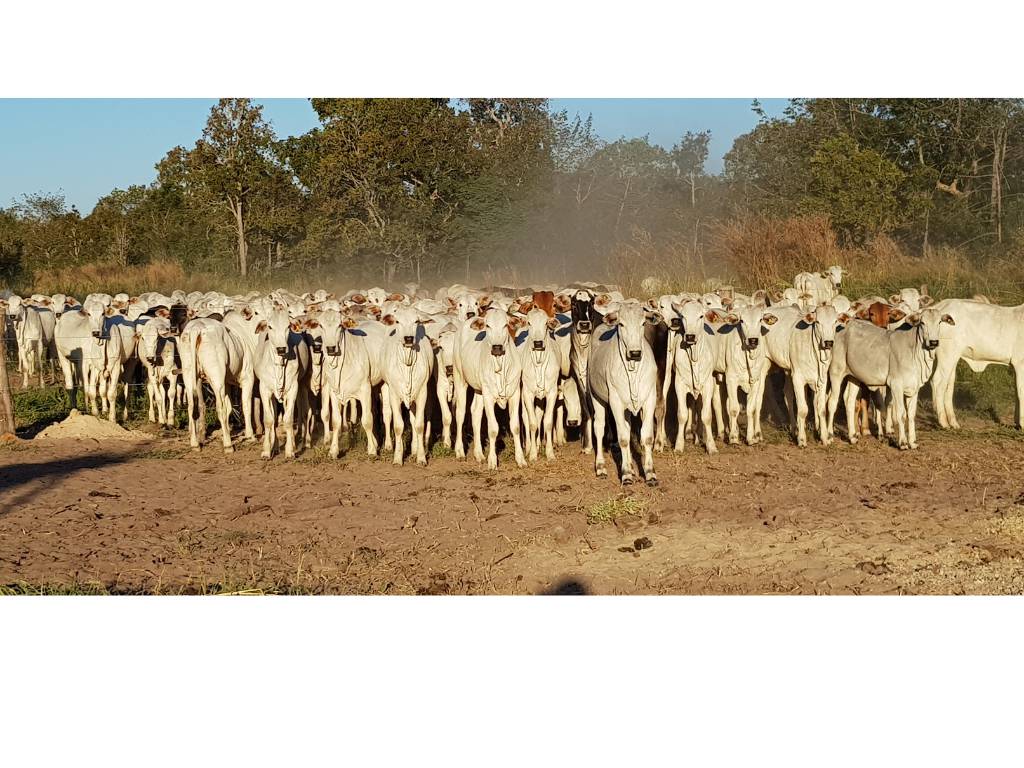 The use of growth hormones and pesticides harms people and the environment
The use of growth hormones and pesticides harms people and the environment
The import of cheap agricultural products that do not meet EU standards, such as genetically modified soy, beef from former rainforest areas and fruit and vegetables treated with pesticides that are banned here, will increase significantly as a result of the duty-free regime (for soy since the early 1960s). The Austrian Chamber of Labor fears "that the MERCOSUR agreement will also undermine important protection standards in the agricultural and food industry ".
EU-Mercosur would further accelerate the toxic cycle between the EU and South America, says Greenpeace at a protest in Brussels. This is because the agreement is intended to remove tariffs on 90 percent of EU chemical exports, including pesticides. The pact would therefore inevitably lead to agricultural poisons being cheaper to buy and therefore being used more widely, Greenpeace continued.
According to GLOBAL 2000, meat production in Brazil has increased by 700 percent in recent years. "Large areas of the remaining rainforest in the Amazon are being cut down for production, and so-called feedlots (pure fattening farms for huge herds of cattle) are being built at a rapid pace not only in Brazil, but also in Argentina.
The trade agreement would also jeopardize the EU's precautionary principle, according to which products may not be approved if there is uncertainty about their safety. This is because it could be seen as a "trade barrier"," writes GLOBAL 2000.
Violation of human rights
Greenpeace criticizes the fact that the sustainability chapter of the agreement does not yet contain a section on human rights and further states: "Without binding commitments in the areas of labor, environment and human rights, the trade agreement lacks a balance between economic and non-economic objectives and principles. In its current form, the agreement will have a negative impact on indigenous communities in the Mercosur countries, for example through the expansion of sugar cane cultivation for bioethanol, from which Brazil's indigenous people are already suffering. "
The Austrian Chamber of Labor rejects the agreement in part because "there are exploitative working conditions in the agricultural and food industry, particularly in the meat sector. Slave-like employment on sugar cane and soy plantations and cattle farms are no exception." Furthermore, health and safety standards are sometimes completely ignored.
"However, such non-binding words cannot prevent wage and social dumping and the exploitation of people," says ÖGB economist Angela Pfister. "This means that the current text of the agreement even falls short of the standards to which the EU has now committed itself," says Valentin Wedl, Head of the EU and International Affairs Department at the Chamber of Labour (AK), underlining the AK's negative position on the EU-Mercosur Pact.
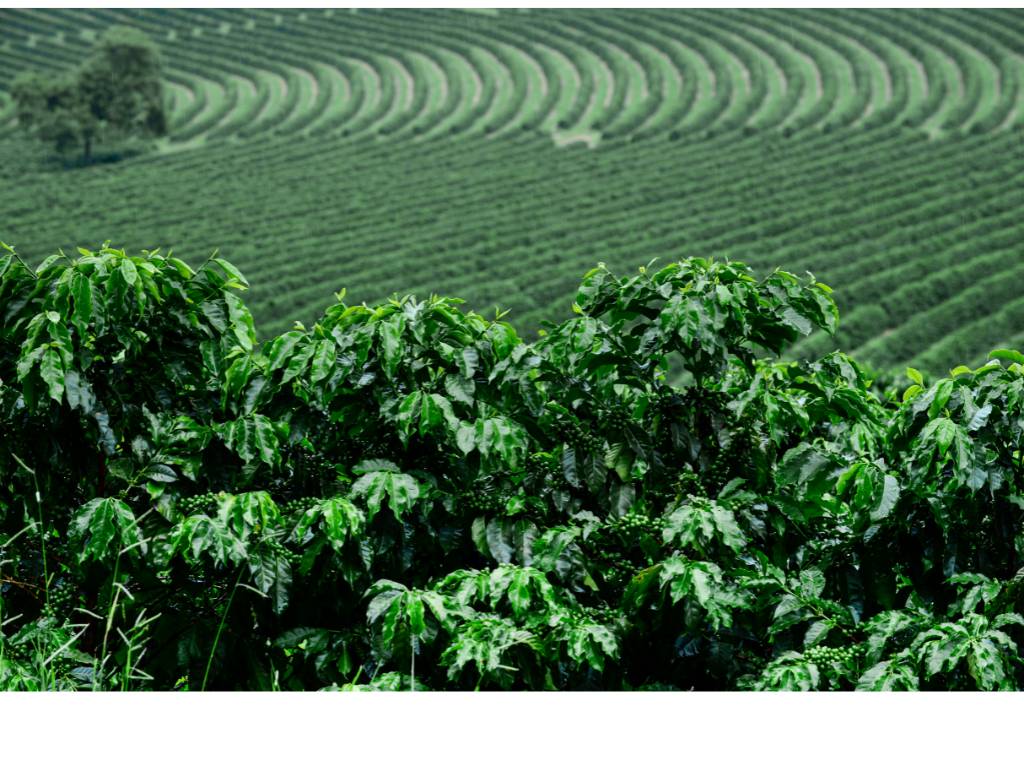 The sustainability provisions of the agreement are not binding
The sustainability provisions of the agreement are not binding
"Sustainability and the prevention of deforestation are priorities for the EU," says the EU Trade Commissioner. The treaty could provide a platform for negotiations in order to make further progress in these areas. For example, the EU recently agreed on an anti-deforestation regulation to prevent products from cleared forests being exported to the EU. An amendment to the treaty is therefore currently being negotiated, although this has also been sharply criticized by NGOs such as Greenpeace and Attac.
"The EU regulation for deforestation-free supply chains does not sound the all-clear for this destructive trade agreement. This is because a large proportion of the goods that would be increasingly traded under the agreement - including maize, cane sugar, rice, poultry and bioethanol - are not covered by this regulation. As the agreement also contains no sanctionable rules against deforestation, it would lead to more deforestation despite the regulation and counteract the EU's climate policy," criticizes Attac trade expert Theresa Kofler.
https://news.pro.earth/2022/12/13/eu-importverbot-fuer-mehr-regenwaldschutz/
"The provisions in the sustainability chapter are not subject to the dispute settlement procedure and cannot be sanctioned and therefore cannot be enforced. This means that the disregard of the important international labor standards of the ILO and the international environmental conventions remains largely without effective consequences," writes the Austrian Chamber of Labor.
The so-called "splitting" to circumvent unanimity
The EU Commission is planning to split the agreement into a political and an economic chapter ("splitting"). The economic part is to be adopted as quickly as possible without the involvement of national parliaments - a qualified majority in the EU Council and a simple majority in the EU Parliament would suffice for this, writes the STANDARD: "Politically, however, this is currently unlikely, EU insiders believe. The Commission would be offending France. In addition, the Mercosur states also want to adopt a comprehensive agreement."
"As long as it promotes climate-damaging products such as cheap meat, feed soy or combustion vehicles, the EU-Mercosur trade agreement will drive the destruction of the Amazon and other vital ecosystems and accelerate the climate and nature crisis," says trade expert Cunha from Greenpeace. "Without a radical rethink and a comprehensive overhaul, the agreement will remain a bad one. We are calling on the German government to fundamentally renegotiate this old toxic treaty in the interests of the climate and nature, instead of simply waving it through in a hurry."
Our tip:
Falter Podcast. Climate protection vs. free trade? Dispute over Mercosur




